In honor of Mother’s Day, we asked bloggers to share their thoughts on motherhood — and the importance of caring for children who have experienced the loss of a parent. Every day through Mother’s Day, we will feature a different blogger to remind us to appreciate mothers and care for those who are hurting. Today’s post comes from Lindsey, who is the author of The Pleated Poppy.
* * *
I look at my 8-year-old daughter, and I think she’s tiny.
She’s perfectly healthy; she’s just tiny.
We tell her it’s just in her genes. She comes from a line of tiny people.
But then I look at Cedric, and she becomes gigantic.
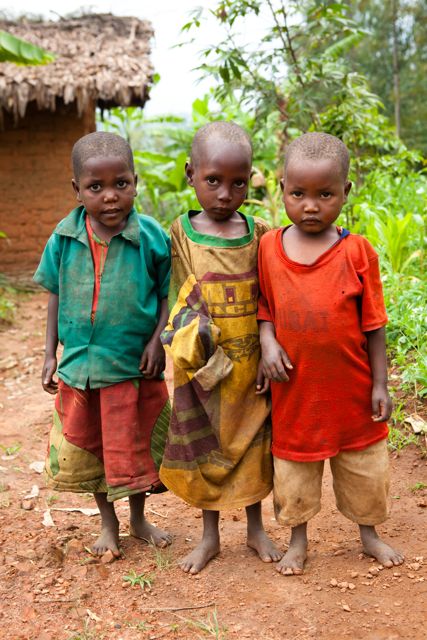
Living in Burundi in East Africa, Cedric is 8 years old as well but stands at about the same height as his 5-year-old cousin.
Cedric suffers from stunted growth, caused by chronic malnutrition beginning as an infant.
Cedric was abandoned by his mother when he was just 8 months old.
He was left with his aunt, Philimina, who didn’t have the means to properly feed an infant, as she was also caring for her own five children as a single mother as well.
Cedric’s mother was a single mom. Rejected by her family and unable to handle the pressures of her life, she saw abandonment as her only option.
When Philimina wanted to give him up as well, she said, “Who can I give this child to?” Seeing that there was nothing she could do, no one to take him, she kept him.
Philimina can only afford to provide her family with one meal most days. With Cedric struggling to maintain a healthy diet, and his lack of essential nutrients at a critical stage of his infancy, he is destined to poor development, health, and cognitive abilities throughout his life.
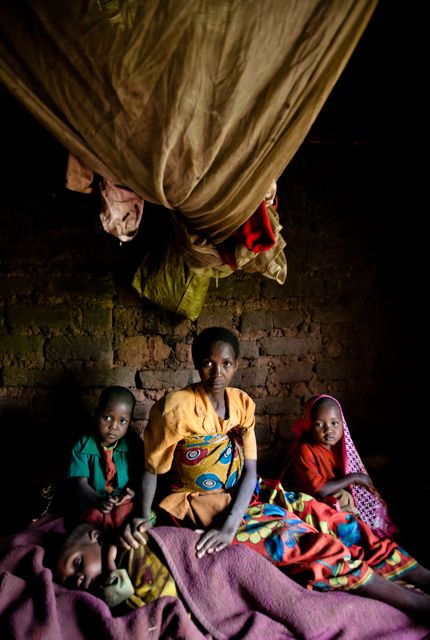
He is much thinner and weaker than his cousins he lives with, even though they are all eating the same meals. He can’t go to school because he is too weak to make it there on his own — his aunt often has to carry him on her back because he is too sick to walk. Being different and isolated, he says he doesn’t like playing. His aunt says Cedric is never happy and always depressed.
Cedric is 8!!! He has lived a harder life than most of us have at 30. His physical weakness is a daily reminder of his abandonment by his mother.
This Mother’s Day, let’s think beyond the flowers we hope to receive or even the handmade cards from our kids. Think about the kids who have lost a parent — the kids all over the world, the children fighting for their lives. Through World Vision, we can connect with these children specifically. We can give them monthly support — helping to provide food, water, healthcare, education, and aid for economic development.
We can make a difference in lives. So maybe this year, instead of hoping for a bouquet of flowers that will last a week, let’s focus that money on saving a life. Are you with me?
Read related posts in our Mother’s Day series:
Consider sponsoring a child. Your support will help bring life-giving necessities such as nutritious food, clean water, education, and healthcare. You will also have the opportunity to develop a personal, lasting relationship with your sponsored child through cards and letters.
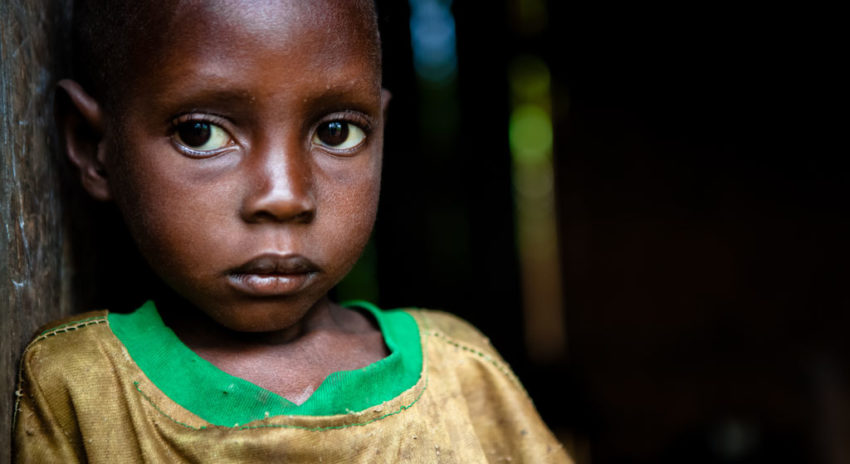
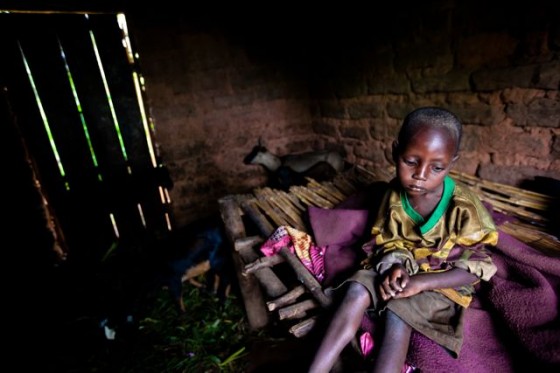
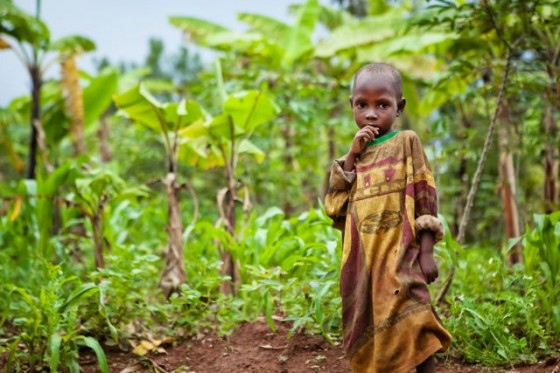
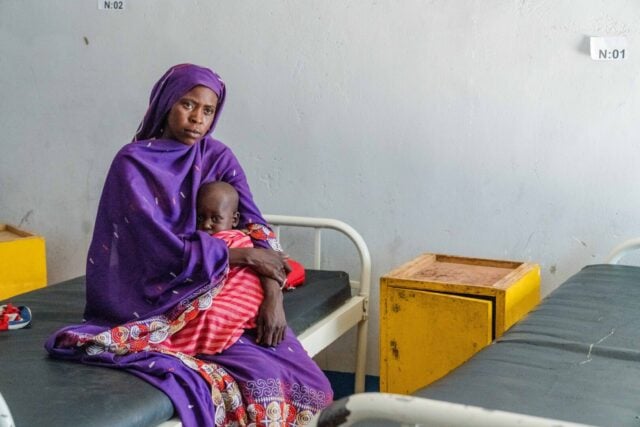

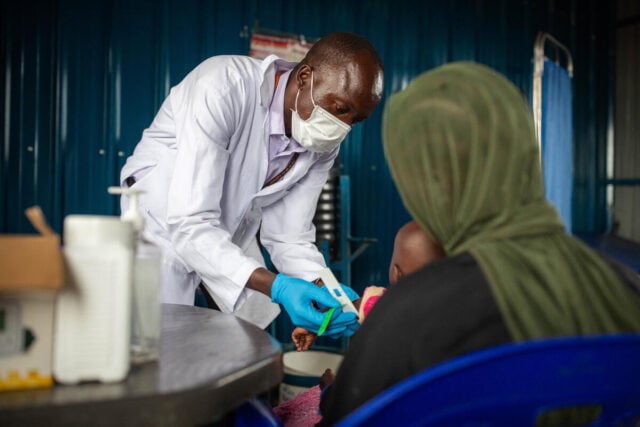
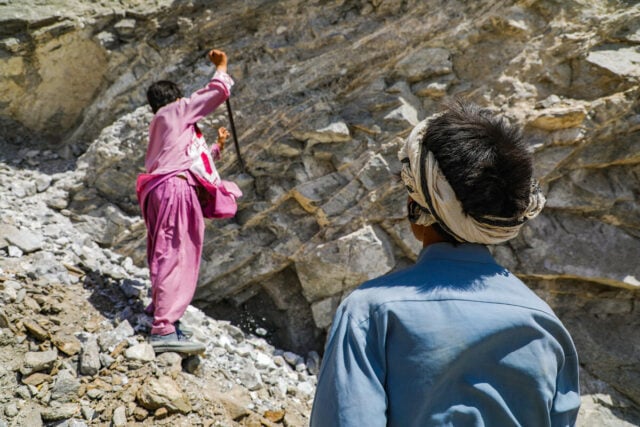
Comments